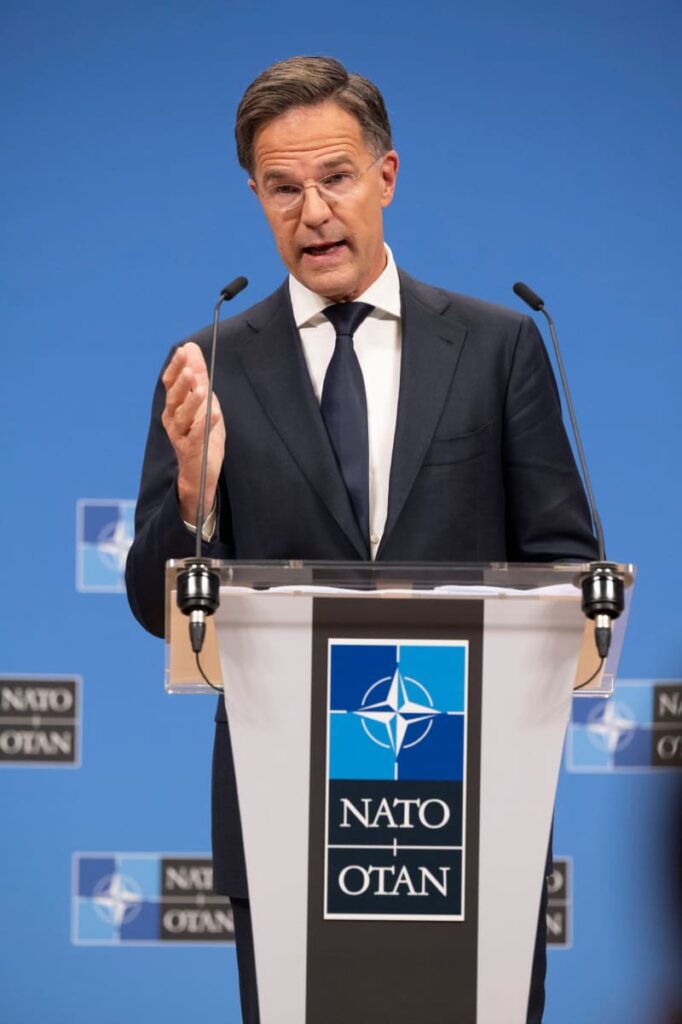NATO Secretary General Mark Rutte has publicly accused Russia of invading Romanian airspace during a recent meeting of the alliance’s defense ministers in Brussels. This serious assertion comes in the wake of ongoing tensions sparked by Russia’s full-scale invasion of Ukraine, which has significantly heightened security concerns throughout Europe. Rutte emphasized NATO’s unwavering support for Romania, commending both the Romanian Air Force and NATO’s top military leadership for their prompt and effective actions in response to the incident. The accusation highlights the precarious security environment in Eastern Europe and the need for NATO’s collective defense capabilities to be continuously evaluated and maintained.
During the Brussels meeting, defense ministers from NATO member countries focused on reviewing and strengthening defense strategies that have been developed since Russia’s aggressive actions began in Ukraine. Air and missile defense emerged as vital areas requiring attention, as Rutte pointed out that violations of NATO airspace have become increasingly frequent due to ongoing hostilities in Ukraine. He noted that such incidents threaten not only the immediate nations involved but also overall regional stability. The alliance’s emphasis on collective security necessitates robust measures to deter further violations and aggressions from Russia.
Rutte reassured member nations that NATO is committed to enhancing its surveillance operations, sharing intelligence, and coordinating responses to threats collaboratively. This approach reflects a broader strategy within NATO to respond to the evolving security landscape shaped by Russian hostilities. The Secretary General’s statements underline the importance of unity among NATO member states in the face of shared threats, reinforcing the notion that a coordinated response is crucial to ensuring the safety and security of all nations involved.
The incident in Romania was alarming for local residents, who were prompted to seek refuge in underground shelters due to the air alert caused by the unidentified flying object. Reports indicated that the object had penetrated approximately 14 kilometers into Romanian territory before being detected and addressed. The Romanian Air Force played a crucial role in this incident, deploying two F-16 fighter jets in response to the situation. At the same time, Spanish F-18 fighter jets were put on alert under NATO’s air surveillance initiative, demonstrating the rapid mobilization and cooperation between allied forces.
Significantly, although the Romanian pilots were prepared, they ultimately did not need to engage in any combat. This reflects the effectiveness of NATO’s combined air defense capabilities and the immediate responsiveness of the forces involved. Nevertheless, the incident serves as a stark reminder of the ongoing threats posed by Russian military actions, which have prompted countries within NATO to remain vigilant and ready to take action when necessary to protect their airspace.
As tensions continue to escalate, NATO’s commitment to bolstering air and missile defense capabilities is more essential than ever. Rutte’s remarks underscored the alliance’s focus on adapting to new security challenges and ensuring member nations are equipped to address any incursions into their sovereignty effectively. The collective defense framework established by NATO will play a pivotal role as countries navigate the complexities of regional security dynamics, seeking to deter aggression and maintain peace in the face of potential threats.

